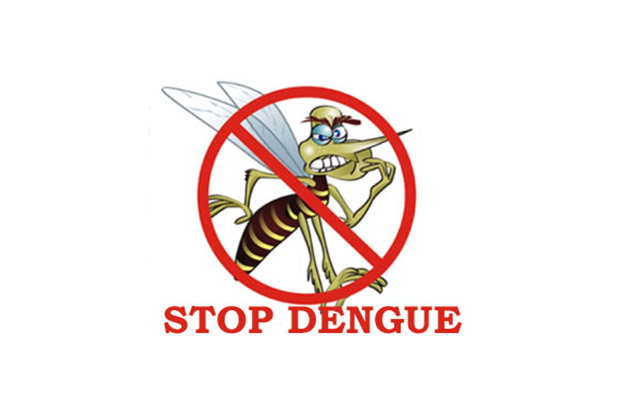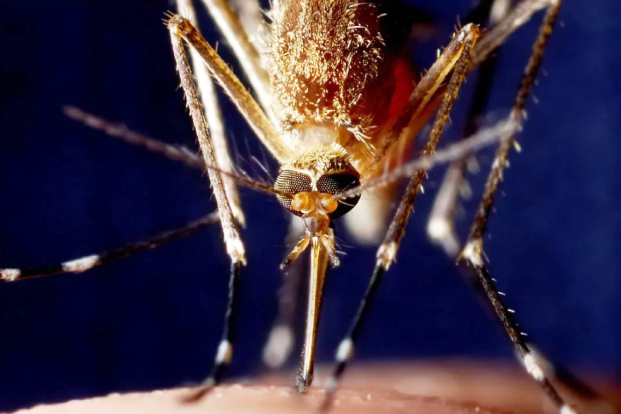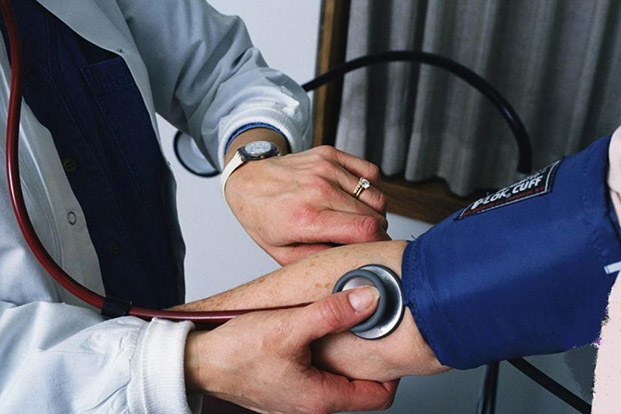Categories
- Bariatric Surgery (11)
- Black Fungus (5)
- Bone Marrow transplant (3)
- Brain Tumor Surgery Navigation Technology (20)
- Cardiac Surgery (66)
- Cardiology (97)
- Computer navigation technology for joint replacements (20)
- Covid Vaccination (17)
- Critical Care (2)
- Dental (19)
- Dermatology (31)
- Dialysis Support Group - “UTSAAH” (11)
- Dietitian (33)
- Emergency Medicine (4)
- Emotional Health (11)
- Endocrinology (33)
- ENT (20)
- Gastroenterology and GI Surgery (53)
- General and Laparoscopic Surgery (21)
- General Surgery (4)
- Gynecology & Obstetrics (183)
- Hematology (20)
- Internal Medicine (294)
- Kidney Transplant (50)
- Kidney Transplantation (20)
- Lung Cancer (8)
- Minimal Invasive Surgery (1)
- Mother & Child (20)
- mucormycosis (5)
- Nephrology (61)
- Neurology (147)
- Neurosurgery (68)
- Nutrition and Dietetics (107)
- Omicron Variant (1)
- Oncology (288)
- Ophthalmology (10)
- Orthopaedics & Joint Replacement (86)
- Paediatrics (59)
- Pediatric Nephrology (3)
- Physiotherapy (5)
- Plastic & Reconstructive Surgery (6)
- Psychiatry and Psychology (90)
- Psychologist (28)
- Pulmonology (72)
- Rheumatology (13)
- Spine Services (21)
- Transradial Angioplasty (16)
- Urology (84)
Query Form
Posted on Apr 19, 2022
Epidemic of Dengue in India
Dengue is serious:
Dengue is one of the biggest viral killers in the world with the global burden being 50 million per year . In India it is second only to malaria as a health problem .There is a 30 fold increase in its incidence over the last two decades. The first reported case of Dengue in India was from Madras in 1780.
Dengue epidemics have become a natural phenomenon in India starting with the first epidemic in 1996 prior to which there were isolated infections only. The increasing population density in urban and semi urban areas contributing to the worsening scenario.

The deadly mosquito bite has no cure:
Dengue is transmitted by the Aedes mosquito which bites during the day and thrives on stagnant water. At present there is no effective antiviral therapy source control available. Hence the the mainstay of control has been largely ineffective.
There is no vaccination available for the same and the only way is precaution and prevention against the same. Clinical trials are on their ay and an early breakthrough is expected.
Prevention is better than cure:
The following are the precautionary steps recommended:
- Cover yourself properly: wear full sleeved clothes to ensure that the mosquitoes don’t bite you. This is important and the basic necessity step. Children should wear full sleeved clothes especially while playing out in the evening.
- Use anti mosquitoes repellent: Children should put on a repellent cream in the early morning or in late evening. Elders should also have the same. They should avoid scratching on their body rigorously to ensure that no damage is caused to the body.
- Keep your doors and windows closed: Especially in the evenings and early mornings: this is essential as this is the time when the mosquitoes that cause malaria and dengue are mostly present.
- Keep your surroundings clean so that the mosquitoes not breed- both fresh water and the dirty water stagnate: It is important to ensure that no water is kept standing. One should pour kerosene in the stagnating water to ensure that the water doesn’t breed mosquitoes. You can also put mud in the same or clean the same with a mop.
- Consult a doctor in case of fever or any other abnormality: It is important that you don’t self medicate and consult a doctor to ensure that the signs and symptoms are detected in times. After all early diagnosis helps in early treatment.



